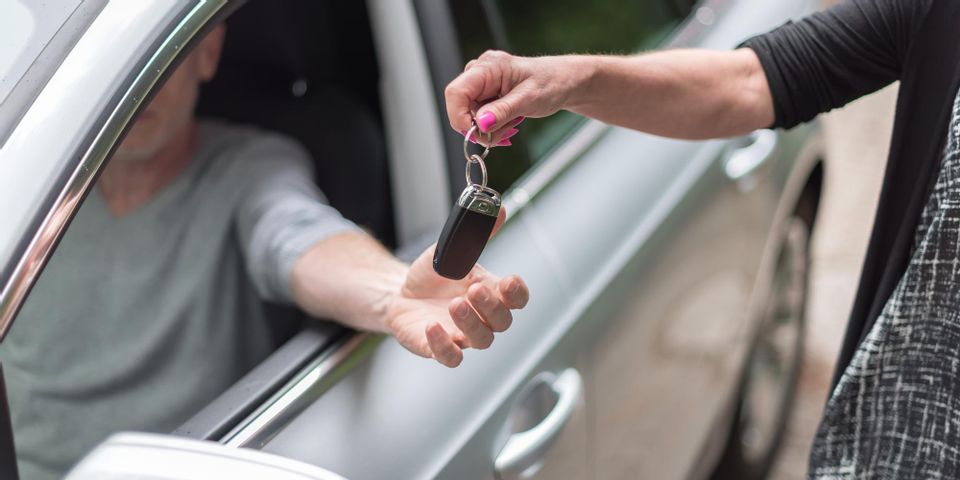6 Steps to Transfer a Car Title in Louisiana

If you plan to buy a used car from a private seller, the process is more complicated than just handing over the keys in exchange for a check. Within 40 days of the sale in Louisiana, you are required to formally transfer the car title from the seller to the buyer. Below are the steps you need to take to complete the process correctly.
How to Transfer a Car Title in Louisiana
1. The Seller Completes All Information on the Back of the Title
The required information for a title transfer includes:
- License plate number
- Car registration expiration date
- Vehicle Identification Number (VIN)
- Driver’s license number
- Buyer’s name and address
- Date of sale, donation or trade
- Vehicle’s selling price
A bill of sale can also be beneficial because it formalizes a transaction and contains important details about the deal.
2. The Buyer & Seller Sign the Title & Have It Notarized
 A notary’s job in the process is to deter fraud in a car sale and assure that both parties enter into the agreement knowingly and willingly. They act as an impartial witness as you and the seller voluntarily sign the title to validate the transfer of ownership. For the services of a notary public, you will need a valid picture ID to prove your identity. If you do not have the title properly notarized, the Louisiana Office of Motor Vehicles (OMV) will not approve the sale.
A notary’s job in the process is to deter fraud in a car sale and assure that both parties enter into the agreement knowingly and willingly. They act as an impartial witness as you and the seller voluntarily sign the title to validate the transfer of ownership. For the services of a notary public, you will need a valid picture ID to prove your identity. If you do not have the title properly notarized, the Louisiana Office of Motor Vehicles (OMV) will not approve the sale.
3. The Seller Provides an Odometer Disclosure Statement & Lien Release
An Odometer Disclosure Statement certifies the exact mileage of the vehicle at the time of sale. For used cars, this step helps prevent mileage tampering to increase a car’s value fraudulently in future sales. It also assures the vehicle does not exceed its mechanical limits for mileage. A lien release is equally important to get from the seller because it confirms that you have paid them the full price of the car you bought, which is required for the OMV to approve your application.
4. The Buyer Completes the Vehicle Application
This standard document must be filled out entirely for the OMV to accept it. Besides standard personal and vehicle information, it includes provisions for farm use, license plate transfers, out-of-state declaration, and disclosure of salvaged or reconstructed cars.
5. The Buyer Purchases Insurance for the Car
Under state law, you are only allowed to drive a car you have bought if it is first insured. States require minimum liability and property damage coverage, and you can lose your driver’s license and receive fines if you’re found driving without it.
6. The Buyer Pays the Transfer Fee
To finalize the transfer of the car’s ownership, you must pay a transfer fee to the OMV. In Louisiana, it’s typically $18.50 with possible sales tax and handling fees.
The most common step that car buyers forget to complete in a title transfer is calling a notary. For nearly 20 years, residents of Ville Platte, LA, have depended on Guillory’s Title & Notary Service to ensure their documents are properly notarized. Their licensed notaries offer convenience, transparency, and confidentiality notarizing anything from car title transfers to power of attorney documents. For more information and to book an appointment, call (337) 224-0658 or visit them online.
About the Business
Have a question? Ask the experts!
Send your question

